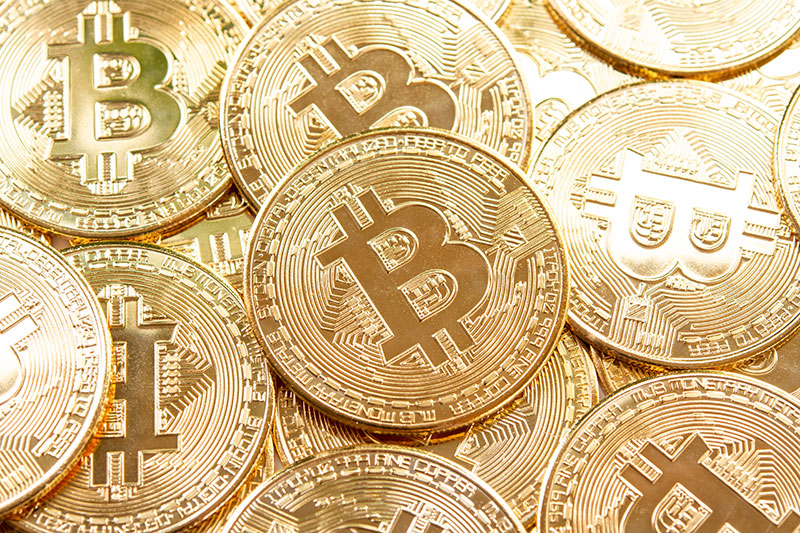For centuries, gold has been a reliable store of value and a hedge against economic uncertainty. Today, Bitcoin is emerging as a contender for that role, often referred to as “digital gold.” But what makes Bitcoin comparable to gold, and can it truly serve as a modern equivalent? Let’s explore the parallels, differences, and the ongoing debate surrounding Bitcoin’s status as digital gold.
What Makes Gold Valuable?
Gold’s value has endured through millennia due to its physical properties, scarcity, and universal acceptance. It serves as a hedge against inflation, a store of value, and a safe haven during times of economic instability. These qualities make it a foundational asset in investment portfolios worldwide.
The Case for Bitcoin as Digital Gold
Bitcoin, often dubbed “digital gold,” shares several characteristics with its physical counterpart:
- Scarcity: Bitcoin’s supply is capped at 21 million coins, making it even scarcer than gold.
- Durability: As a digital asset, Bitcoin doesn’t degrade or require physical storage.
- Portability: Unlike gold, Bitcoin can be transferred globally within minutes.
- Decentralization: Bitcoin operates on a decentralized network, immune to government manipulation or centralized control.
These attributes make Bitcoin an attractive alternative to gold for investors seeking a hedge against inflation and economic instability.
Key Differences Between Bitcoin and Gold
Despite their similarities, Bitcoin and gold differ in significant ways:
- Physical vs. Digital: Gold is a tangible asset, while Bitcoin exists only in the digital realm.
- Volatility: Bitcoin’s price is far more volatile than gold, which has historically maintained stable value over time.
- Adoption: Gold has universal recognition and has been used as a store of value for thousands of years. Bitcoin, while growing in popularity, is still a relatively new asset.
Why Investors Are Turning to Bitcoin
Several factors are driving investors to view Bitcoin as a potential replacement for gold:
- Hedge Against Inflation: With central banks printing unprecedented amounts of money, Bitcoin’s fixed supply is appealing to those concerned about inflation.
- Millennial Appeal: Younger generations, comfortable with technology, are more likely to invest in Bitcoin than in gold.
- Institutional Interest: Major corporations and institutional investors are adding Bitcoin to their balance sheets, legitimizing its role as a store of value.
Criticisms and Challenges
Despite its growing popularity, Bitcoin faces criticism and challenges:
- Regulatory Uncertainty: Governments worldwide are still grappling with how to regulate Bitcoin.
- Energy Usage: Bitcoin mining consumes significant amounts of energy, raising environmental concerns.
- Market Manipulation: The unregulated nature of Bitcoin markets can lead to price manipulation.
The Future of Bitcoin as Digital Gold
Whether Bitcoin can fully replace gold remains to be seen. However, its growing acceptance as a store of value and hedge against inflation suggests that it will continue to play a significant role in the global financial system. As more investors adopt Bitcoin, its volatility may decrease, further solidifying its status as digital gold.
Final Thoughts
While Bitcoin and gold differ in fundamental ways, their shared qualities—scarcity, durability, and a store of value—make Bitcoin a compelling modern alternative. As the financial landscape evolves, Bitcoin’s role as digital gold will likely remain a topic of debate among investors and economists alike.



